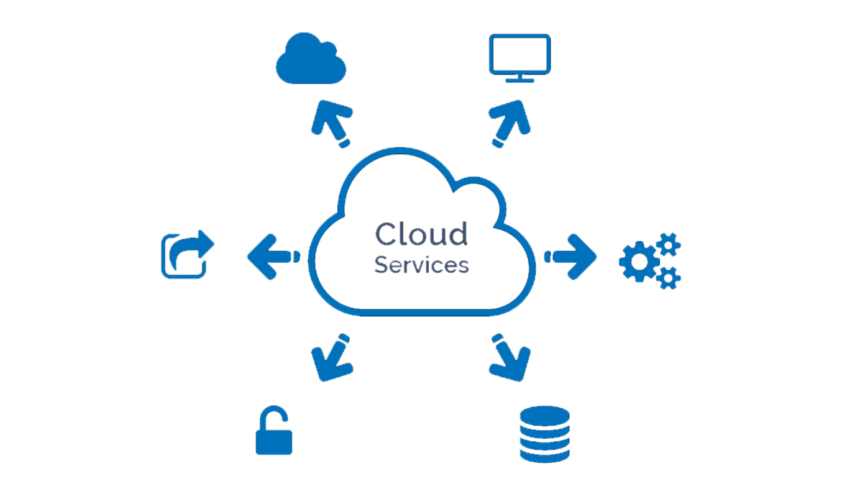Discover how cloud services are reshaping business operations and explore the various types, including Infrastructure as a Service (IaaS), Platform as a Service (PaaS), and Software as a Service (SaaS). Learn how these innovations drive scalability, cost-efficiency, and global accessibility in modern enterprises.
In today’s rapidly evolving business landscape, cloud services have emerged as a game-changer, revolutionizing the way companies operate, collaborate, and scale their operations. The advent of cloud computing has fundamentally transformed traditional business models, offering unparalleled flexibility, scalability, and efficiency to organizations across industries.
Understanding Cloud Services
Cloud services encompass a broad range of resources and applications delivered over the internet, enabling seamless access to computing power, storage, databases, and more. The inherent flexibility of cloud-based solutions allows businesses to forgo the limitations of physical hardware and instead leverage virtualized infrastructure on-demand.
ALSO READ: Midday Swings In Stocks: Tesla, The New York Times, NetEase And More
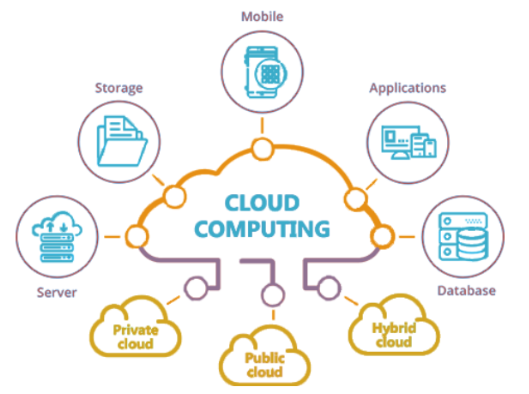
Advantages of Cloud Services in Business
- Enhanced Flexibility and Scalability: Cloud services empower businesses to scale resources up or down based on their fluctuating demands, ensuring optimal utilization of resources without the need for large-scale infrastructure investments.

- Cost-Efficiency: By eliminating the necessity of maintaining costly on-premises hardware and infrastructure, cloud services offer a cost-effective alternative, with pay-as-you-go models that enable companies to pay only for the resources they use.
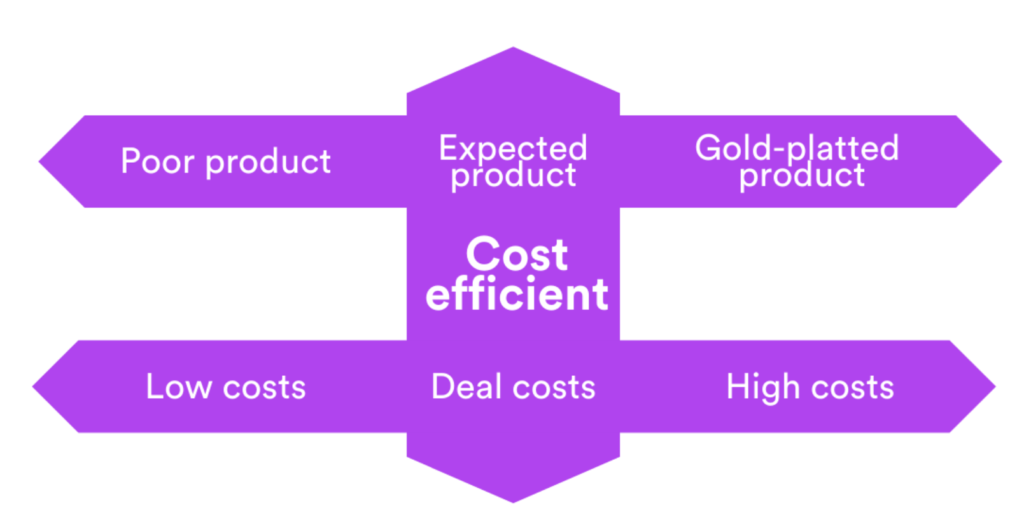
- Global Accessibility and Collaboration: The cloud facilitates seamless collaboration among geographically dispersed teams by enabling access to data and applications from anywhere with an internet connection. This fosters increased productivity and efficiency within organizations.

- Data Security and Reliability: Reputable cloud service providers employ robust security measures, including encryption, regular backups, and stringent access controls, ensuring data integrity and protection against cyber threats.
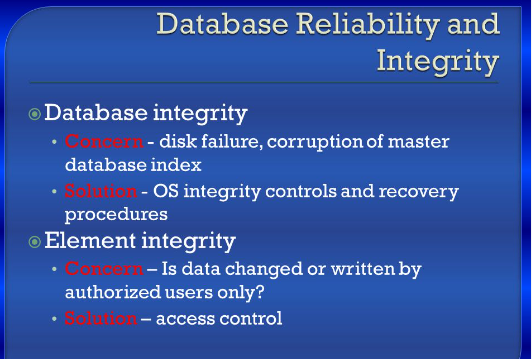
- Innovation and Agility: Cloud-based solutions enable businesses to rapidly deploy new applications and technologies, fostering innovation and agility in responding to market changes and customer demands.

Types of Cloud Services
- Infrastructure as a Service (IaaS): Offers virtualized computing resources, including networking, storage, and virtual machines, allowing businesses to build their own IT infrastructure without the need for physical hardware.
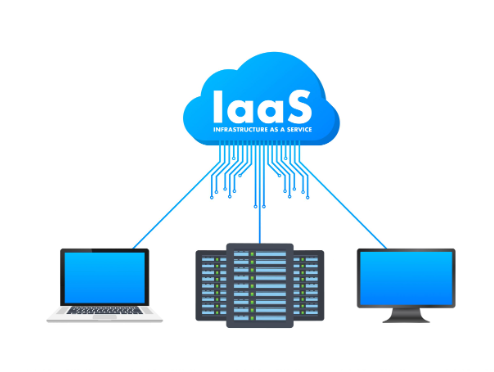
- Platform as a Service (PaaS): Provides a platform allowing developers to build, deploy, and manage applications without dealing with the underlying infrastructure complexities.
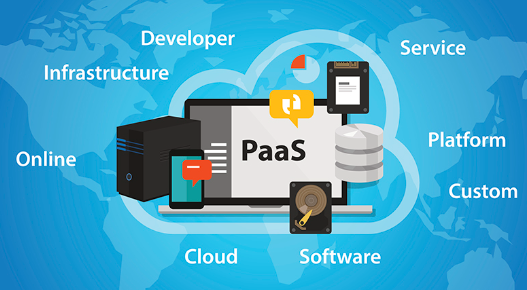
- Software as a Service (SaaS): Delivers software applications over the internet on a subscription basis, eliminating the need for local installation and maintenance.
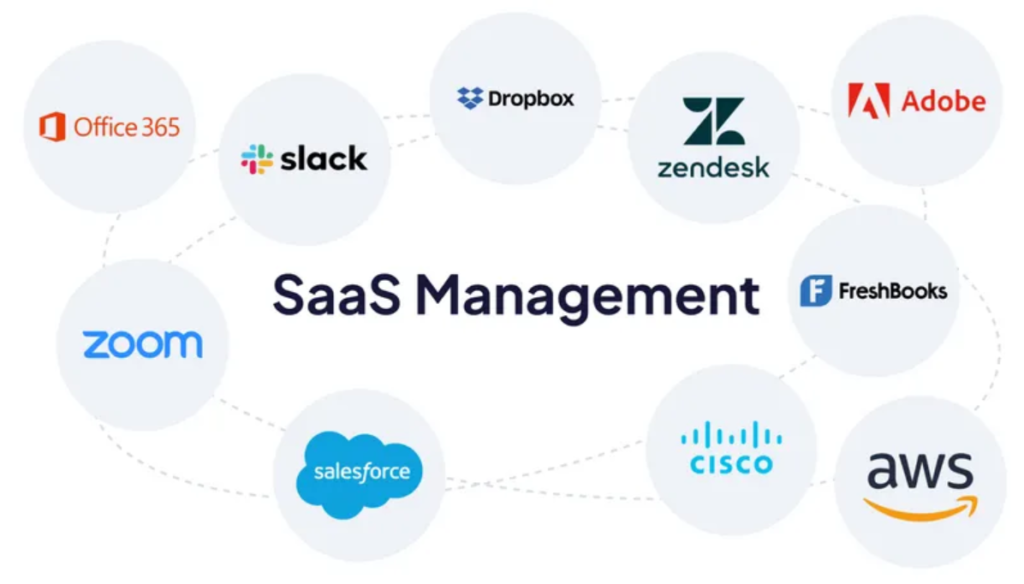
Adoption Challenges and Considerations
While the benefits of cloud services are significant, organizations contemplating adoption must address certain challenges:

- Security Concerns: Mitigating potential security risks associated with storing sensitive data on the cloud remains a priority. Robust security measures and compliance protocols are imperative.

- Integration Complexity: Integrating existing on-premises systems with cloud-based solutions can pose challenges, necessitating careful planning and seamless integration strategies.
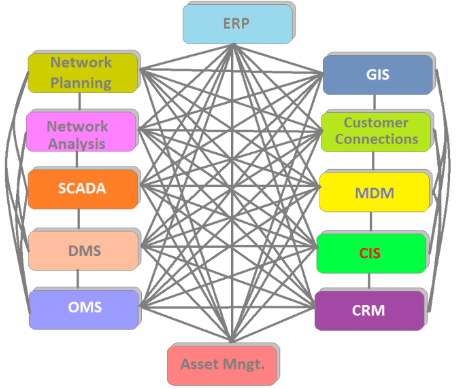
- Data Migration and Vendor Lock-in: The process of migrating data to the cloud and potential vendor lock-in are critical considerations requiring thorough evaluation before adopting cloud services.
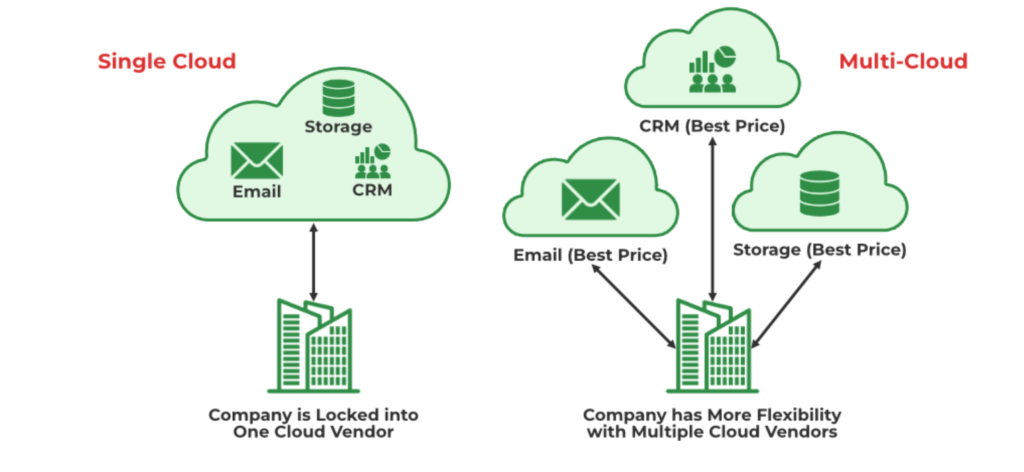
The Future of Cloud Services
The trajectory of cloud services indicates continued evolution and innovation. Advancements in technologies like AI, Machine Learning, and IoT are increasingly integrated with cloud platforms, unlocking new possibilities and further enhancing business operations.

In conclusion, the transformative impact of cloud services on modern business operations cannot be overstated. As technology continues to advance, leveraging the power of the cloud will remain a crucial factor in achieving agility, scalability, and competitiveness in an ever-evolving marketplace.
Click here, to check out the latest post on Instagram.
Also read: Mastering Buyer Problem: Strategies For Effective Solutions
image source: google







